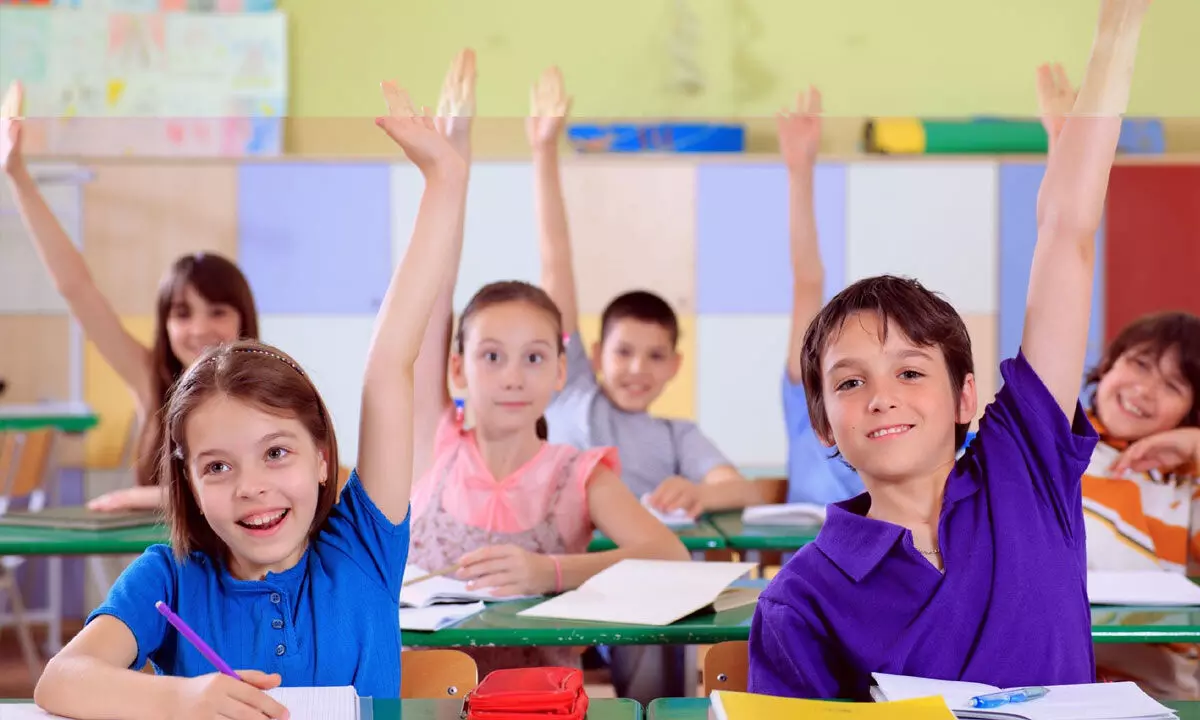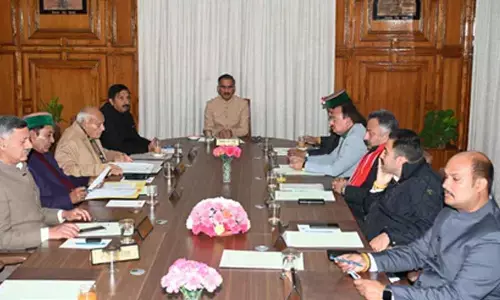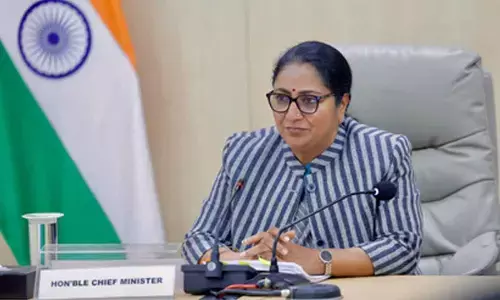Empowering students with skills

Thriving in this ever-changing world not only requires a breadth of skills rooted in academic competencies for children but also abilities like teamwork, critical thinking, communication, persistence, and creativity amongst others
Thriving in this ever-changing world not only requires a breadth of skills rooted in academic competencies for children but also abilities like teamwork, critical thinking, communication, persistence, and creativity amongst others. These skills are in fact interconnected. We live in an era when students require these diverse sets of skills to survive and be successful.
It is no longer enough to rely on the conventional skill sets like power of memory and recall, rote and repetition. Schools are aware of the evolution of society and economy and hence are equipping teachers in terms of upskilling and adapting curriculum to ensure conceptual understanding, development of competencies, and growth in character to ensure that students are nurtured, challenged, and empowered to reach their academic and personal goals. What skills then would be useful to students who have to shape their lives in tune with the rapidly changing world?
Adaptability and creativity
In the digital age, things are changing very rapidly. By the time students learn one set of skills, a newer version is already emerging. Students will need to adapt to changing conditions and learn things quickly and efficiently and mentors will have to ensure that students are aware of the best methods to learn new things. Learning how to learn is an important skill that cannot be overemphasized!
Collaboration skills are vital
It’s quite possible that traditional classrooms may encourage competition and independence compared to collaboration and teamwork. Schools have to keep pace with changing scenarios and bring in a culture of collaboration which are crucial to achieve collective goals. Every professional today works collaboratively with others in some capacity. From engineers to artists, learning how to work in a group setting or leading a team that needs motivation requires practice. What better way to foster these lifelong skills than in a classroom?
Communication skills
In the new digital age, there is great emphasis on the ability to communicate, hence students have to be familiar with emerging technologies used in communication. In the current era, technology is omnipresent and schools need to adapt to new communication changes. In addition to conceptual understanding, students should have the opportunity to grow in character to become well-rounded global citizens who have the confidence to impact a remarkable and sustainable future.
Critical thinking and problem-solving
Creating an environment that focuses on conceptual understanding and application of that knowledge to real world skills leads to lifelong learning and retention of knowledge. Building an environment that fosters critical thinking, risk taking, creativity, and the courage to make mistakes and move beyond them should be a priority. Focusing on learning to understand rather than learning to test should be a high priority for educators. The ability to think critically is not easy and needs instruction and support. But once this skill is mastered, it will help develop analytical capabilities that will help students be competitive in an ever-changing global market.
Cultural understanding
Growing and learning in a multicultural environment gives children a greater understanding of others’ beliefs, attitudes, and behaviours. As globalization continues to bring cultures together, it is imperative to equip students with continued experiences to be citizens of a global future. These experiences come from an education model that includes diverse narratives, qualities, and viewpoints, which facilitate understanding of social pluralism. Multiculturalism promotes principles of inclusion, democracy, and a sense of togetherness, among many other positive traits.
Upskilling and always being at the cutting edge in tech
Technology has shaped human history over the years and will undoubtedly continue to do so. Today, the digital revolution is spreading across the globe, creating connections never before thought of and students will have to have a breadth of wide technological skills. Whether it is called the second machine age, the Digital Revolution, or the 4th Industrial Revolution, technologists, economists and academics are all concerned with recent rapid technological advances and their implications for the future.
The world is constantly changing and the pace at which the economy is progressing makes agility a great value and in the modern world, there is no one better placed than those who can multitask in quick time. Recognizing the nature of these changes is vital in understanding the current context in which we live, and the changes to be expected in the future. This, in turn, helps us determine how we view education and the need for the breadth of skills approach. It is now central that we explore how to align these aspirations in the context of the educational environment.
(The author is Managing Director, Canadian International School, Bangalore)














